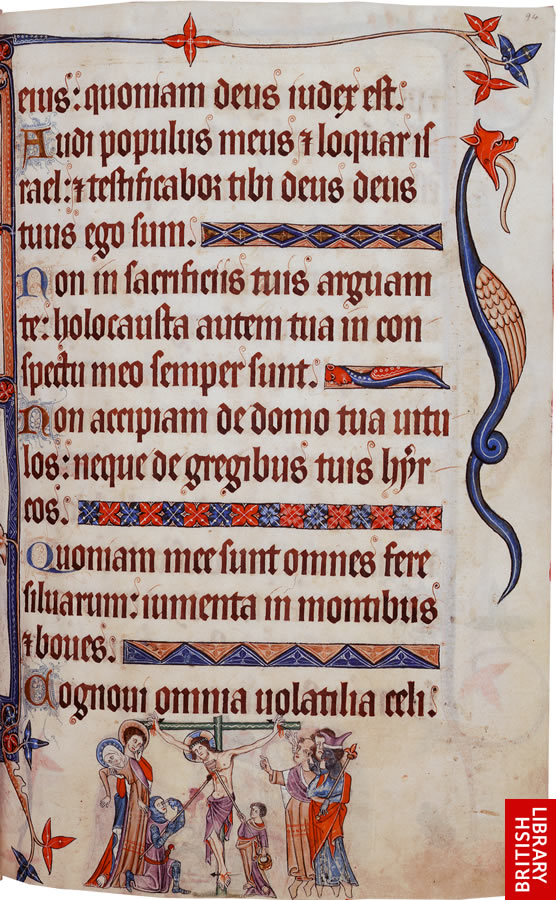This is one of the books, probably the book that made me want to tell stories for a living and for the glory of Christ. The tale begins with this:
The small boy hunched down, the sea lapping against his ankles. Reaching foreword, he found a stone worn smooth and flat; he rubbed it back and forth on his fingertips. He brought it to his lips, then to the sensitive folds of his eyelids, moving it gently, as if the stone were a tiny, soft animal. In the total darkness of Aliare, smooth felt beautiful.
Myra hooked me with that paragraph, by the juxtaposition of a boy on the coast of a sea playing with a stone like any small child might, and the introduction of a world in darkness. His use of the phrase ‘’total darkness” was so causal and so defining that my mind’s eye switched off, without consulting me, and for the rest of the tale I didn’t ‘see’ anything. But I felt them, tasted them, and heard them just like the characters in the story.
Harold Myra drew me into the world of Aliare and introduced me to that small boy name Yosha, and I joined Yosha on his quest to find light. I mourned with him over the unjust death of his father, his father who was as dear to me as Yosha. I hoped with him as he worked to find what his father believed in, light. And not just any light, but the light that was lost, the place that was lost when the Maker’s order was thrown into chaos and the world split in half.
Through Yosha, through Asel the young woman he meets later, and through the wonder of the cripple Auret who ‘’fell down’’ from the world above to help both of them understand what exactly their hunger for light truly meant, and to show the way for all to come out of darkness, I learned that the sweetest and strongest love always comes with sacrifice. And I also learned that there are two types of Christian writers, those that are writers who happen to be Christian, and those who are Christian that just happen to write.



No comments:
Post a Comment